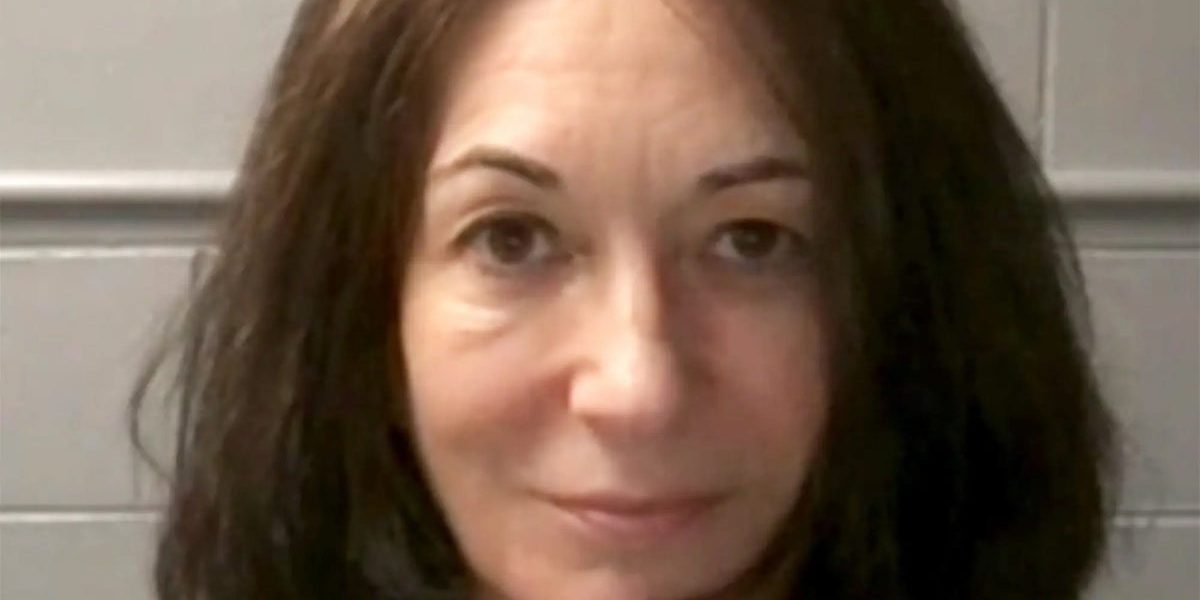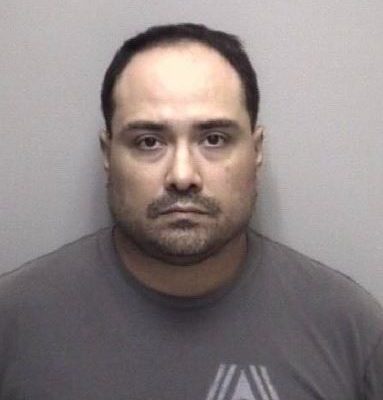Ghislaine Maxwell got ‘special preference’ with move to Texas Club Fed that no other inmate ever gets: experts
Ghislaine Maxwell’s transfer from a Florida federal prison to a Texas prison camp, known for its relatively relaxed environment, reeks of “special preference,” experts say.
The disgraced British socialite, 63, who is serving 20 years for her part in a scheme to abuse and exploit girls with Jeffrey Epstein, met with the Justice Department last month as the Trump administration tries to tamp down speculation that it is withholding information on the late sex offender’s case.
Last week, Maxwell was moved from a low-security federal prison in Tallahassee, Florida, to the minimum-security Bryan Federal Prison Camp. The Texas facility has been dubbed “Club Fed” for its relatively relaxed conditions, and houses Theranos founder Elizabeth Holmes and Real Housewives of Salt Lake City star Jen Shah.
There, inmates won’t find towering fences, barbed wire, or high-security cells. The Texas prison camp boasts minimal fencing, a sports field, and a program where inmates help train service animals.
Several former prison staffers say that the move of Maxwell, a convicted sex offender, was “unheard of.”
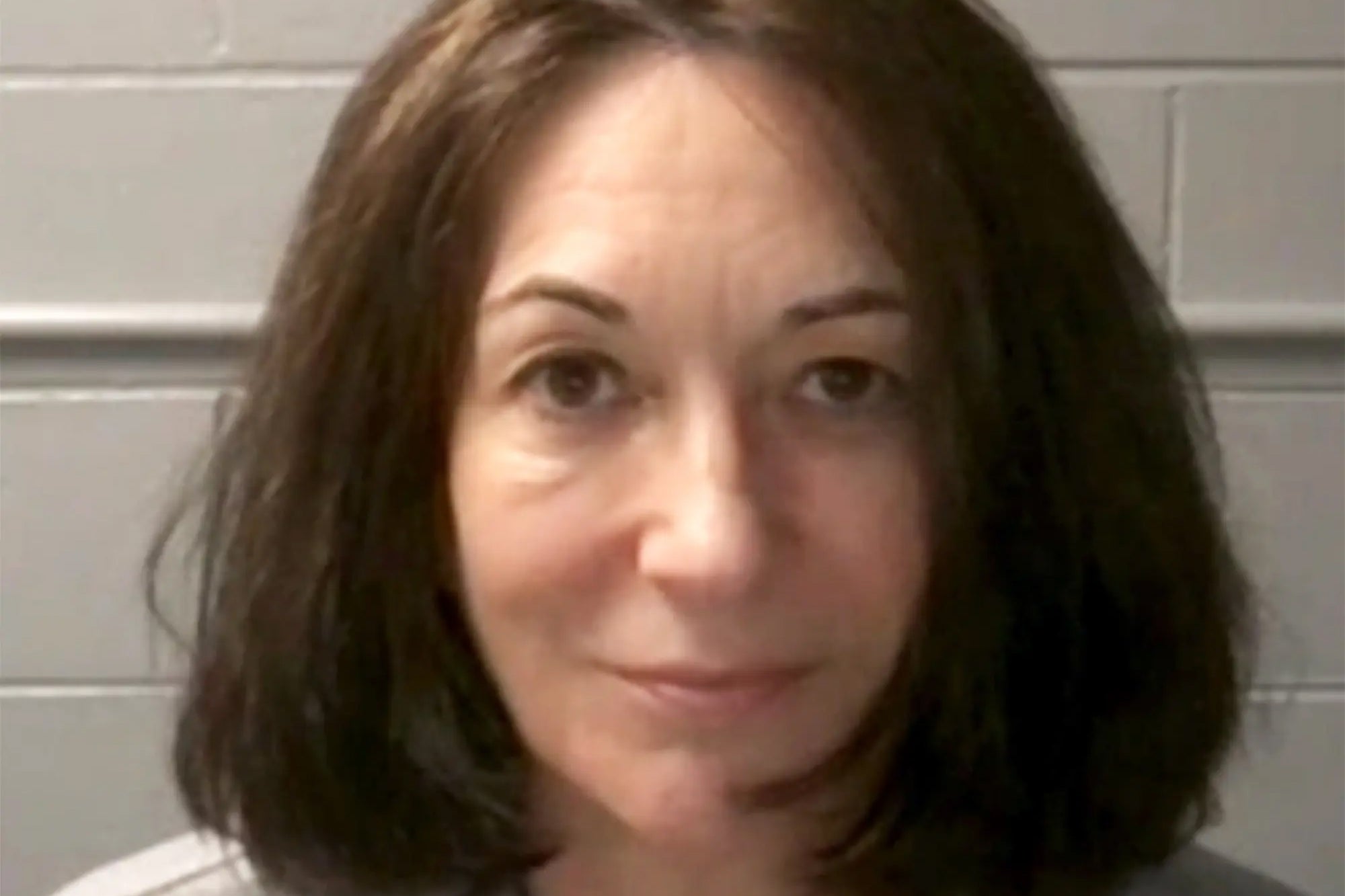
“Someone gave special preference to Maxwell that, to my knowledge, no other inmate currently in the Federal Bureau of Prisons has received,” Robert Hood, a former warden of the Florence “supermax” prison in Colorado, told the Washington Post.
“It’s a country club,” Hood said of the Texas prison camp. “Inmates, if they have a sex offense, are not going to a place like that, period. It’s truly unheard of.”
Moving between prisons of differing security levels isn’t easy for inmates with “public safety factors,” designations that require increased security, according to a Bureau of Prisons policy sheet.
Sex offenders like Maxwell are typically required to be detained in a low-security prison, the policy states. Before transferring prisons, staff must make a request to an arm of the prison bureau, which then must approve the move, the policy says.
“It’s enormously preferential treatment,” Judi Garrett, a former BOP assistant director, told the Post. “Getting a public safety factor for a sex offender waived is monumental.”
President Donald Trump appeared to insist that the transfer wasn’t unusual. “It’s not a very uncommon thing,” he told reporters Tuesday.
When asked if he personally approved her transfer, the president said: “I didn’t know about it at all. I read about it just like you did.”
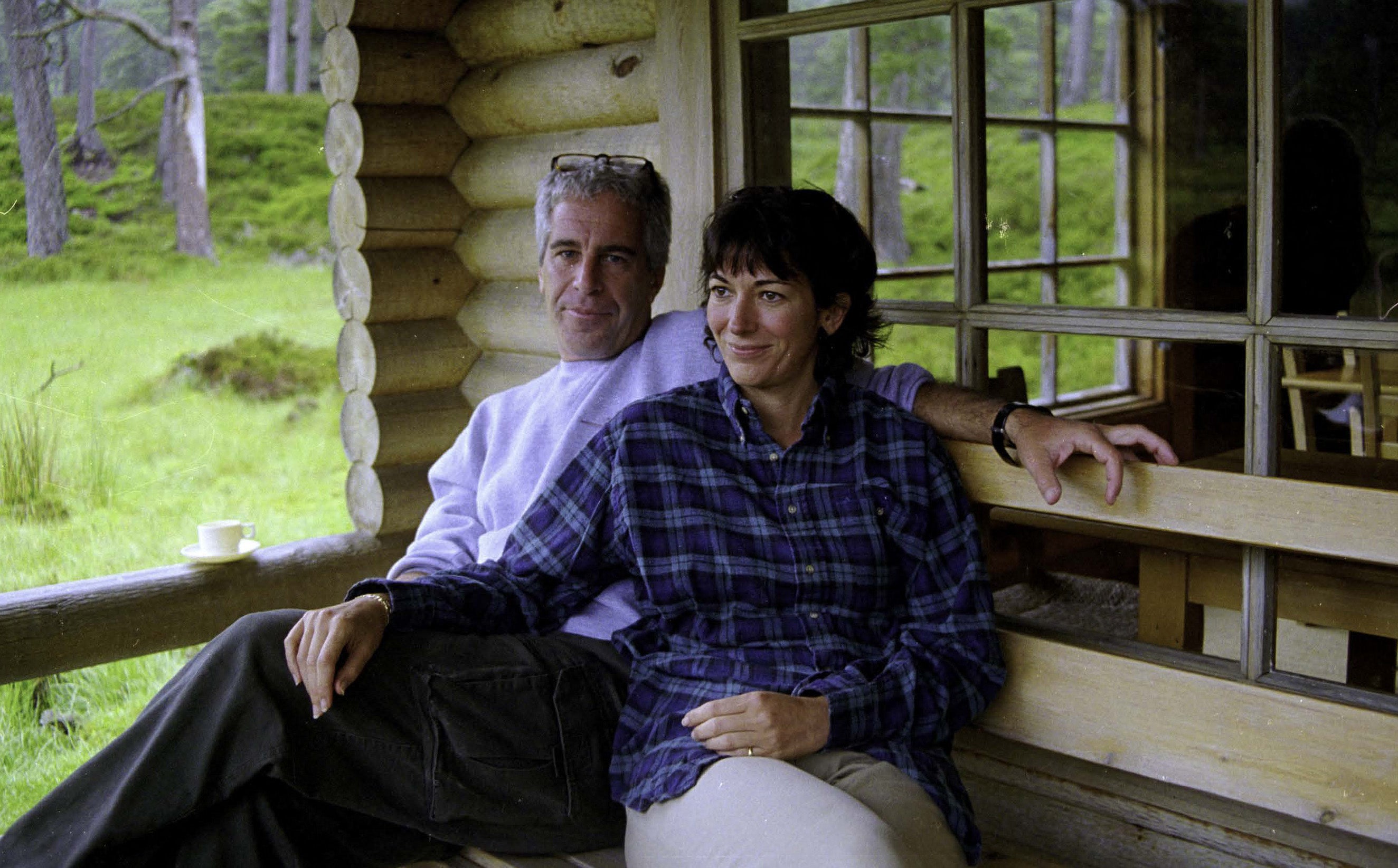
News of Maxwell’s move has upset several inmates at the Texas prison camp. One prisoner told The Telegraph that she was “disgusted” by Maxwell’s transfer.
Julie Howell, 44, who is serving a one-year sentence for theft, told the outlet that “every inmate I’ve heard from is upset she’s here.”
“This facility is supposed to house non-violent offenders,” she said. “Human trafficking is a violent crime.”
Maxwell was moved to the “cushy” prison camp after two days of meetings with Deputy Attorney General Todd Blanche at the Tallahassee courthouse last month. The president has defended the highly-scrutinized meeting, claiming it was not “unusual.”
During that meeting, Maxwell said that she never saw Trump do anything that would cause concern, ABC News reported Wednesday.
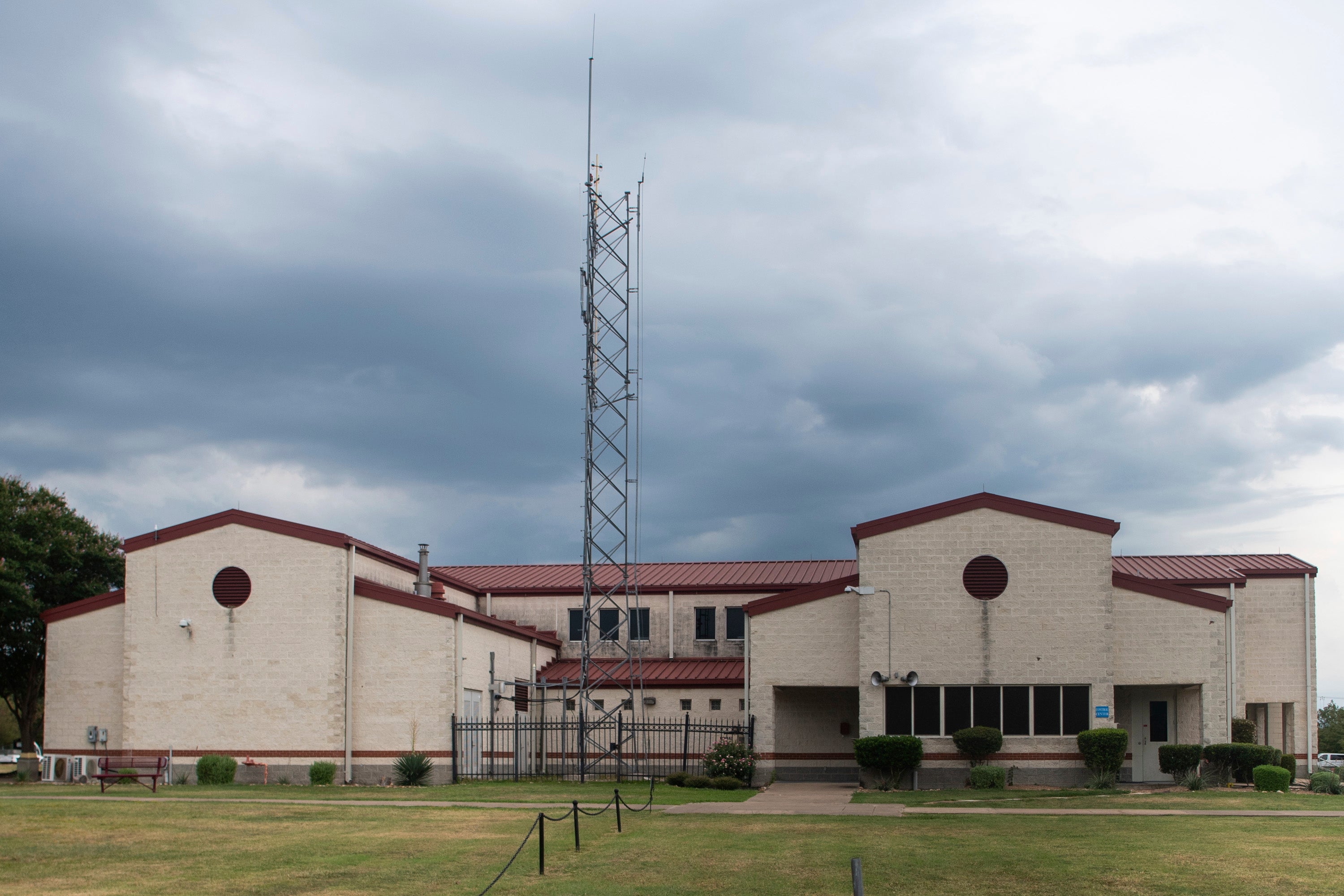
Trump once had a friendship with Epstein, but it ended years ago, the president has said.
The pair were friendly in the 1990s and early 2000s, and were seen together at parties in Palm Beach and New York. After Epstein’s arrest on sex trafficking charges in 2019, the president told reporters he hadn’t spoken to him in 15 years. A Mar-a-Lago member told the Miami Herald that Trump had Epstein kicked out in 2007 after the financier “harassed the daughter of a member.”
Trump has never been formally accused of wrongdoing or charged with any crime in connection with the Epstein case.
The Trump administration is now considering whether to release the transcript from Blanche’s meetings with Maxwell.
During the meetings, Maxwell was pressed “about maybe about 100 different people,” her attorney David Oskar Markus said. “She answered questions about everybody and she didn’t hold anything back. She never invoked a privilege. She never refused to answer a question. So we’re very proud of her.”
Demands for more information from the so-called “Epstein Files” have intensified following a July 6 DOJ memo which confirmed that the sex offender died by suicide, and stated there was no evidence to support the existence of a “client list” of high-profile individuals involved in his alleged sex trafficking.
The memo was disappointing to many, who for months anticipated additional releases in the case after Attorney General Pam Bondi said she had a “truckload” of evidence to review. In February, the AG released “Phase 1” of the Epstein Files — of largely publicly available information — and suggested that the “client list”was sitting on her desk.
In attempts to quell the uproar, Trump directed Bondi to produce “any and all pertinent” grand jury transcripts, which are under seal. The government has asked the judges overseeing Maxwell and Epstein’s criminal cases to unseal the documents.
Several survivors have supported making them public, while Maxwell is opposing the move.
Her legal team has asked the Supreme Court to take up her case, and her lawyers argue that releasing the raw transcripts would “inevitably influence any future legal proceeding” and cause “severe and irrevocable” reputational harm.
Maxwell has never been allowed to review the documents, they said in a Tuesday memo to the court.

